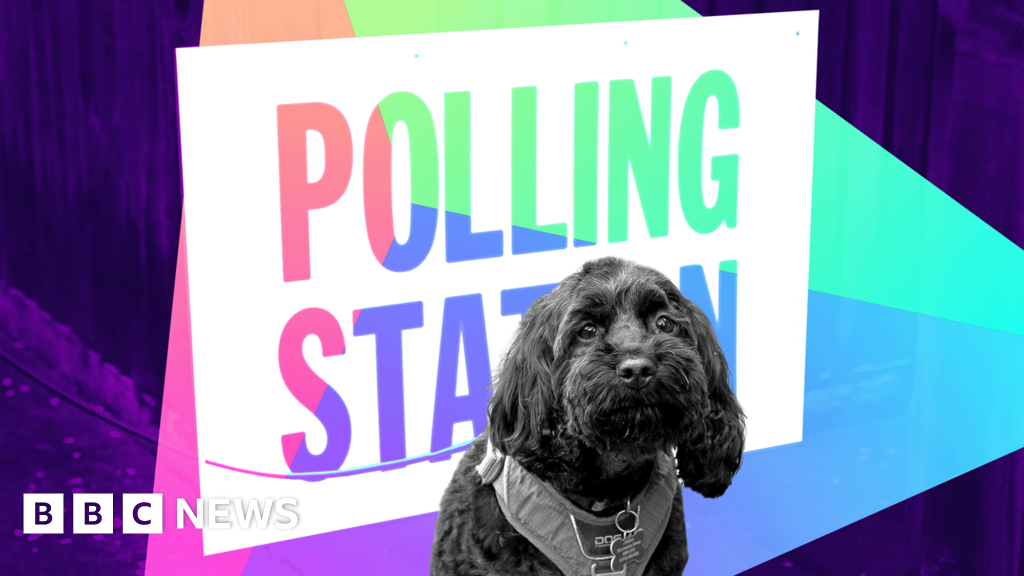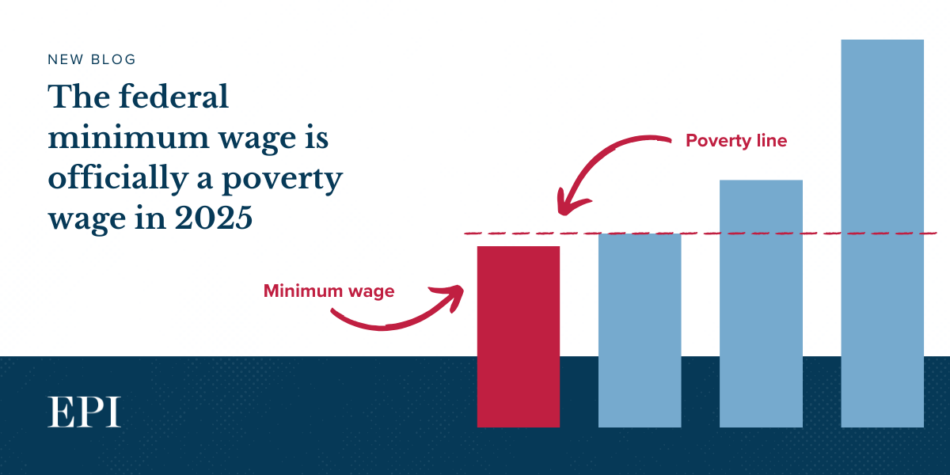Anger and Indifference Converge: Insights into the Local Elections

In a political landscape that often oscillates between fervent engagement and apathetic disinterest, the local elections taking place this year present an intriguing paradox. While last year's general election captured the attention of the entire nation, this year, the local elections seem to be less visible and less intense. It is crucial to acknowledge that despite their seemingly subdued nature, these elections hold significant importance for the communities involved and will ultimately influence the national political climate. However, many regions are not participating in this electoral cycle due to postponements linked to anticipated reforms in local government structures. This means that a sizable number of readers might find themselves in areas without any electoral contests this time around.
Moreover, feedback from political parties paints a picture of potential voter apathy, with many individuals feeling a sense of disillusionment rather than excitement about the upcoming polls. Typically, local elections that do not coincide with a general election witness notably low voter turnout. Yet, recent findings from the research organization More in Common suggest a deeper issue at play. According to UK Director Luke Tryl, there is a palpable sense of despondency or misery about the state of Britain that seems to be escalating rather than waning. This sentiment, combined with dwindling voter turnout and the fracturing of party allegiances, creates an unpredictable electoral environment where the margins of victory could be alarmingly narrow.
As the elections analyst Sir John Curtice expressed in a recent article for the Telegraph, the traditional political landscape is shifting dramatically, with five political parties now poised to make significant inroads in these local contests. What stands out in this cycle is not a clear rise of one party over another, but rather a simultaneous struggle for both the Labour and Conservative parties. The Conservatives have been particularly vocal about their apprehensions regarding these elections, while senior Labour figures have also been echoing sentiments of gloom and concern.
This atmosphere leaves room for alternative parties such as Reform UK, the Liberal Democrats, the Green Party, and a critical component of local English democracythe independents. For Reform UK, this moment is pivotal. Since last year's general election, the party has experienced a notable increase in support in public opinion polls. The elections will serve as a litmus test to determine whether this surge translates into actual votes. Reform UK's leadership has expressed ambitions of winning the next general election, and the outcomes of these elections could offer insights into the viability of such claims.
As voters wake up on Friday morningif they managed to get any rest at allthey will likely find headlines dominated by the results from Reform UK. Many of the elections expected to showcase their potential for success will be counted overnight, including key contests such as the parliamentary by-election in Runcorn and Helsby near Liverpool, as well as the race for Lincolnshire's inaugural directly elected mayor. Later in the day, as local authoritiesprimarily in southern Englandbegin their counting, the Liberal Democrats will be keenly assessing their opportunities for gains, particularly against the Conservatives. Additionally, there will be a focus on whether the Green Party has expanded its representation among local councillors.
By the time Friday afternoon rolls around, a clearer picture will emerge regarding the electoral performance of the various parties and independent candidates. Following the release of the results, discussions will inevitably arise regarding the implications of these elections on the broader political landscape.



























